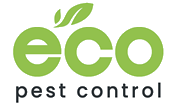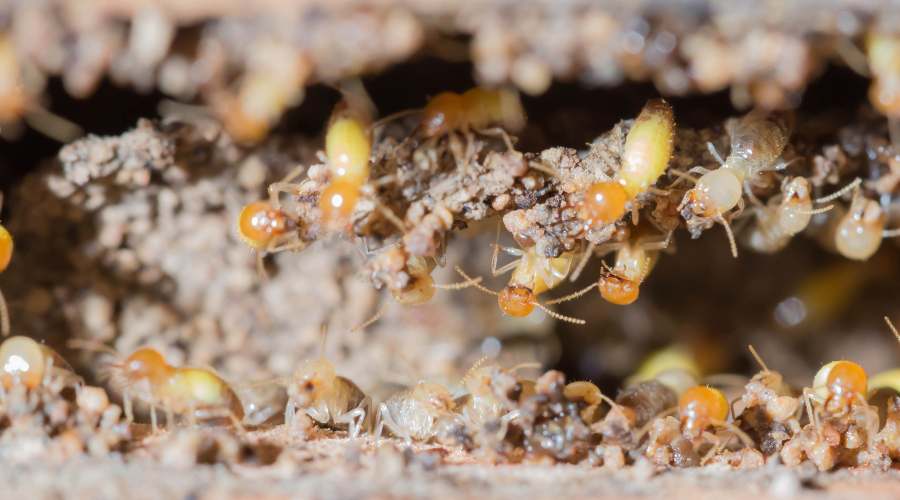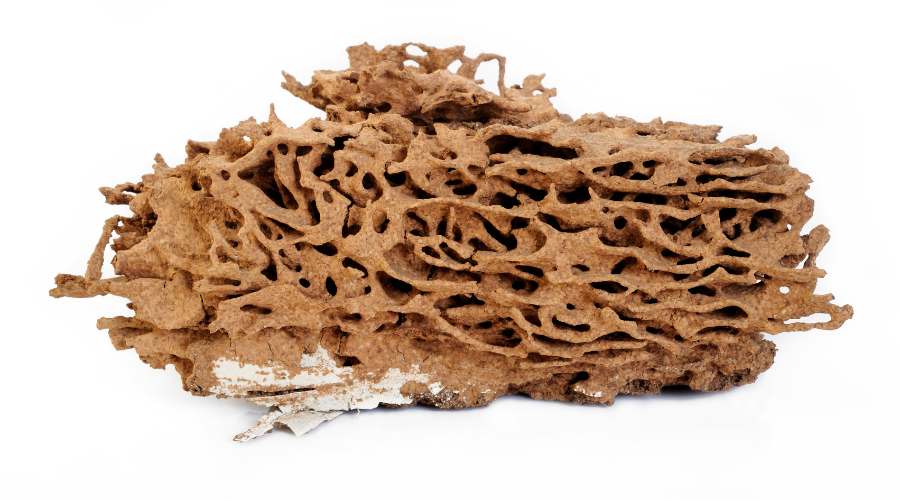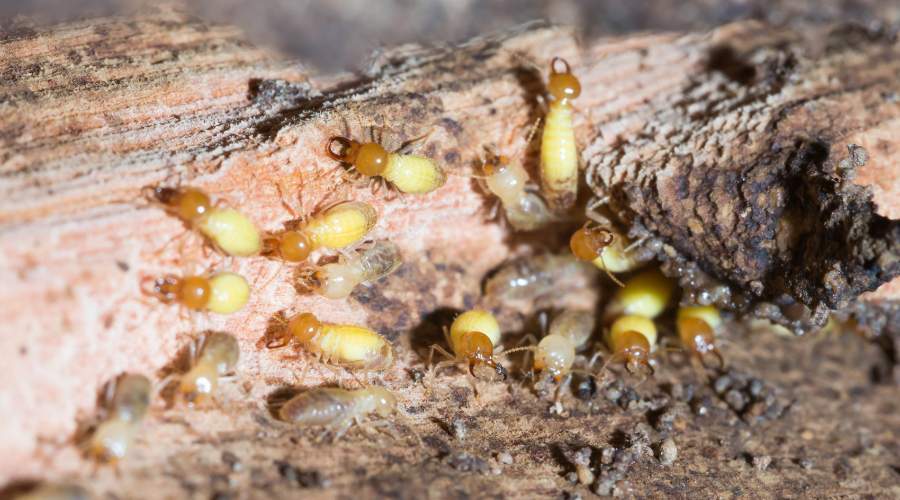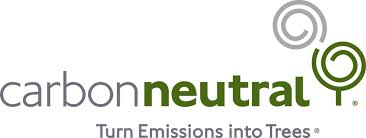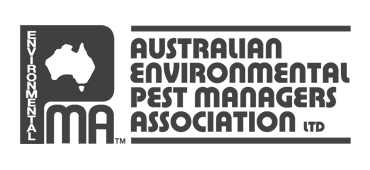Why Termite Control Is Important
Protect Your Home with Effective Control
Termites are tiny insects that can cause huge problems if left uncontrolled in your home or business. While termites themselves are small, the damage they inflict can be massive, making termite control an essential part of maintaining your property. Learn why termite control should be a priority and how to protect your investment from these destructive pests.
Potential Dangers to Health and Property
Termites pose serious risks that make termite control imperative. Here are some of the major potential problems termites can cause if left uncontrolled:
Structural Damage
- Termites feed on cellulose materials like wood, cardboard, and paper. This allows them to damage walls, floors, furniture, books, and more.
- Their tunnels and galleries can weaken structures and lead to collapse. This makes damage a serious safety issue.
- Repairs for termite destruction are costly. Prevention and control are much more affordable.
Health Hazards
- Termite droppings and body parts can trigger allergic reactions and asthma in sensitive individuals.
- Old drywood fecal pellets are a known source of microscopic particles linked to respiratory issues.
- Termites can spread diseases through their waste. For example, they can transmit the fungus that causes Valley Fever.
Devalued Property
- Any sign of termites must legally be disclosed when selling a home. This often lowers property value.
- Extensive repairs for damage make a property less desirable to buyers.
- Left unchecked, termites could eventually destroy a building entirely.
Clearly, termites can negatively impact health, finances, and safety when left uncontrolled. Protecting your property through termite control is essential.
Methods Used to Treat Termites
There are several effective methods of termite control used by experts to eliminate and prevent termite infestations:
Liquid Treatments
- Termiticides – Chemical insecticides designed to kill termites are injected into the soil around the property. This creates a barrier to prevent future invasion.
- Foams – Expandable foams containing termiticides can treat wall voids and other difficult to reach areas. Helpful for spot treatments.
Baits
- Bait Stations – Cardboard baits laced with slow-acting toxins are placed around the home. Foraging termites consume the poison and share it throughout the colony.
- Borate Baits – Borate salts act as a feeding deterrent and interrupt termite digestion. Helpful for drywood within structures.
Chemical Barriers
- Treated Soil – Termiticides are mixed into soil underneath slabs and around foundations to create a barrier.
Physical Barriers
- Sand Barriers – Coarse sand placed below concrete slabs can block termite tunneling.
- Stainless Steel Mesh – Mesh is embedded into building materials to prevent termites from eating through walls.
- Crushed Granite – A layer of crushed granite around foundations deters entry.
A combination of these techniques custom-tailored to the specifics of your property is often needed for the best termite control.
Termites in Queensland
There are several type of termite species you may encounter in Queensland that require different control methods:
Subterranean Termites
- Live underground but forage for food above ground. Common species include Coptotermes acinaciformis and Schedorhinotermes.
- Most likely to damage the structural elements of a premise from underground.
- Best controlled with liquid termiticide treatments, lure, and physical barriers.
Drywood Termites
- Live and nest inside of timber without needing soil contact. Cryptotermes is a prevalent genus.
- Mainly infest wooden elements inside a structure like furniture and timber framing.
- Best controlled with fumigation and borate placed into their nests within lumber.
Dampwood Termites
- Require moist, decaying timber to thrive. Includes Porotermes adamsoni.
- Cause damage to deteriorating exterior logs and trees.
- Can be controlled by repairing moisture issues and wood replacement or treatment.
Identifying which termites you are dealing with is important for applying the right termite control methods. A termite inspection can determine the species on your property.
How to Choose Effective Termite Control Service
Choosing the right company is just as important as using the right control methods. Here are tips for selecting a reliable and effective termite treatment service:
1. Look for licensing and insurance
Technicians should be legally certified to apply termiticides. Proper insurance protects your property.
2. Ask about their termite control methods
A reputable company will describe their comprehensive plan and methods.
3. Request local references
Established companies should be able to provide referrals from satisfied local customers.
4. Compare inspections
Get onsite inspections from 2-3 companies to compare thoroughness and treatment recommendations.
5. Check out reviews
Search online for customer reviews and complaints to gauge quality of work experience and service.
6. Beware of pricing that seems too good to be true
Extremely cheap service likely means cutting corners.
Taking your time to find the right expert helps ensure your property receives effective treatment. Trustworthy companies want you as a satisfied lifelong customer.
Tips for a Termite-Free Home
You can take these proactive steps as a homeowner to help deter termites, in addition to professional treatments:
- Remove any wood debris, old tree stumps, or excess firewood around the foundation. These items attract termites and provide harborage. Storing firewood well away from your house is smart.
- Make sure exterior wood elements like siding, decks, and fencing are properly sealed and painted. Carry out regular inspections and immediately fix any areas damaged by moisture. Preventing wood rot deprives termites of an inviting food source.
- Manage moisture carefully. Maintain proper drainage and grading around the yard to prevent buildup near foundations. Fix plumbing leaks right away. Excess moisture aids termite survival.
- Keep gutters clean and make sure downspouts direct water away from the foundation. Clogged gutters can lead to moisture issues.
- Seal up any cracks or crevices in the foundation using cement or caulk. Even small gaps provide entry access for termites.
- Mulch, shrubs, and trees should be kept back at least 2 feet from the house. Don’t give termites the cover they need to advance upon your house unnoticed.
- When opportunities like remodeling or laying new concrete arise, consider installing stainless steel mesh as an extra barrier treatment.
Staying diligent with these deterrent measures, along with professional treatments, provides the best termite protection. If you ever suspect species of termite may be present, contact a pest management pro immediately to inspect and resolve the issue before major damage occurs. Consistent monitoring and treatment will help maintain a termite-free home.
Price List
Treatment is an investment that protects your valuable property against catastrophic damage. Here are approximate amount for services:
| Service | Average Price |
|---|---|
| Initial termite inspection | $80-$150 |
| Spot treatment | $300+ per area |
| Full liquid treatment | $1200-$2000 |
| Termite baits | $1000-$1500 |
| Fumigation (tenting) | $3000-$4000 |
| Damage repairs | Wide range based on extent |
Many pest control companies offer free annual inspections, detailed quotes, and financing plans to make protection affordable. Termite damage to property often worth thousands more than preventive treatment.
FAQ
What are the signs of termites in my home?
Watch for mud tubes on walls, hollow sounding wood, crumbling drywall, buckling floors, insect wings, or frass pellets. Get any suspicions of termites inspected and tested by a professional.
What happens if termites destroy the wood framing in my home?
Extensive damage often requires rebuilding sections or construction of walls, floors, and roofs. Prevention is much more cost effective than repairing or replacing load-bearing elements.
Can I treat termites myself?
In most cases, treatment requires specialised tools and restricted use insecticides, making DIY control difficult and potentially dangerous.
Are treatments safe for my family?
When applied correctly by certified technicians as directed, professional treatments are deemed safe. Any precautions needed will be communicated. Professionals avoid exposing your family to risks.
Conclusion
Unchecked termites can compromise the safety and value of structures while hazards. But you can manage these pesky pests and protect your property by taking action. Vigilant monitoring and professional termite control treatment actively shield your valuable investment from harm. If you suspect termite activity, contact a qualified pest control service right away to get the issue evaluated and resolved effectively. Staying proactive with consistent termite management provides peace of mind that your property remains protected.
